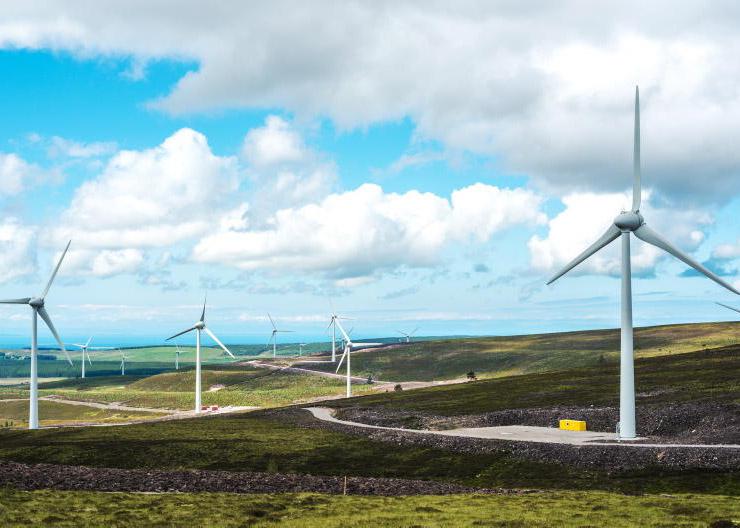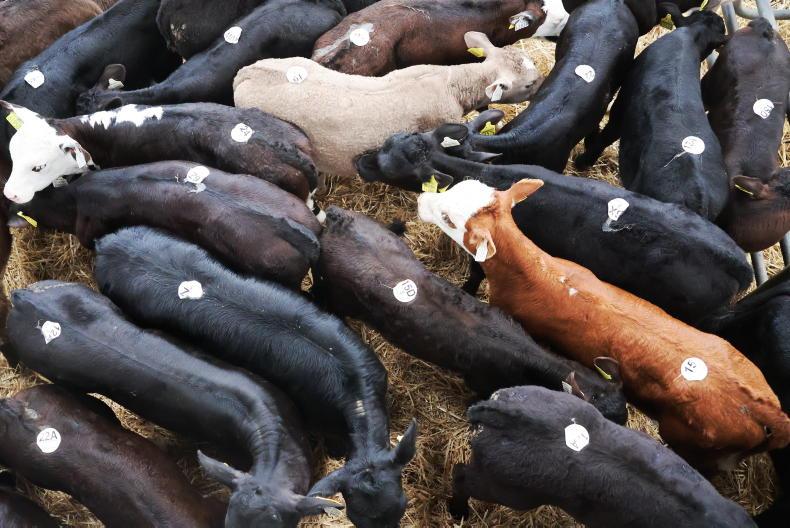Food, fuel and fibre – these are the three historical uses to which land is put. The emphasis on each varies with the relative prices of each type of output as well as government policies and farmer preferences.
I suspect that food production is in general the preferred option for most farmers but, as pressure continues on raw food commodity prices, food production is almost becoming the residual land use option. There is some crossover between the categories. Sheep obviously produce meat and wool (a previously valuable commodity); forestry has an output of fuel and fibre, the fibre being mostly used in the paper industry.
Versatile
Cereals and beet are versatile, with fibre in the straw while the grain can be used for either food for humans or animals, but both grain and beet can also be used to produce ethanol, a petrol equivalent-type product but without the carbon emission problems of fossil fuels.
The use of maize in the US and sugar cane in Brazil has been a fact of farming and fuel life for many years. Europe, and especially Ireland, has been reluctant to endorse significant use of ethanol in our petrol vehicles or biodiesel in our tractors, trucks and diesel cars. It’s time for a rethink.
It’s time for a fresh look in the national and farmers’ interests at other alternatives
Last week I went to Hungary where Mark Turley, a Dublin man with strong Galway farming connections, identified the country as a significant producer of surplus grain. For many years, intervention was the only realistic outlet. He built from scratch over the last six years an ethanol-producing plant which also produces as byproduct a high-protein non-GM animal feed, unlike its US equivalent, as well as carbon dioxide and corn oil. The plant now takes in over 1m tonnes of maize a year from farmers in the area, about 15% of Hungary’s total produce. It provides more than 200 direct jobs in a previously isolated rural area as well as reliable business for hauliers and a range of service providers. The region has seen a new lease of life while producing a product that significantly reduces Hungary’s greenhouse gas emissions.
Obligation
The US has imposed an obligation on its petroleum industry to incorporate a minimum of 10% ethanol in each gallon of petrol. The EU has held back from operating a similar policy. Ireland has been particularly reluctant to operate any meaningful renewable energy policy that uses farm products – either ethanol, biodiesel or anaerobic digestion.
Given the potential to use both barley and beet in the future to produce ethanol, we have the means to give farmers the possibility of a new, significant outlet for grain and beet, to create employment in rural areas and to save greenhouse gas emission fines.
So far, we have placed all our renewable energy eggs in the wind basket. It’s time for a fresh look in the national and farmers’ interests at other alternatives.
Read more
Long read: innovating away from the commodity race
More biofuels to be blended into petrol and diesel
Food, fuel and fibre – these are the three historical uses to which land is put. The emphasis on each varies with the relative prices of each type of output as well as government policies and farmer preferences.
I suspect that food production is in general the preferred option for most farmers but, as pressure continues on raw food commodity prices, food production is almost becoming the residual land use option. There is some crossover between the categories. Sheep obviously produce meat and wool (a previously valuable commodity); forestry has an output of fuel and fibre, the fibre being mostly used in the paper industry.
Versatile
Cereals and beet are versatile, with fibre in the straw while the grain can be used for either food for humans or animals, but both grain and beet can also be used to produce ethanol, a petrol equivalent-type product but without the carbon emission problems of fossil fuels.
The use of maize in the US and sugar cane in Brazil has been a fact of farming and fuel life for many years. Europe, and especially Ireland, has been reluctant to endorse significant use of ethanol in our petrol vehicles or biodiesel in our tractors, trucks and diesel cars. It’s time for a rethink.
It’s time for a fresh look in the national and farmers’ interests at other alternatives
Last week I went to Hungary where Mark Turley, a Dublin man with strong Galway farming connections, identified the country as a significant producer of surplus grain. For many years, intervention was the only realistic outlet. He built from scratch over the last six years an ethanol-producing plant which also produces as byproduct a high-protein non-GM animal feed, unlike its US equivalent, as well as carbon dioxide and corn oil. The plant now takes in over 1m tonnes of maize a year from farmers in the area, about 15% of Hungary’s total produce. It provides more than 200 direct jobs in a previously isolated rural area as well as reliable business for hauliers and a range of service providers. The region has seen a new lease of life while producing a product that significantly reduces Hungary’s greenhouse gas emissions.
Obligation
The US has imposed an obligation on its petroleum industry to incorporate a minimum of 10% ethanol in each gallon of petrol. The EU has held back from operating a similar policy. Ireland has been particularly reluctant to operate any meaningful renewable energy policy that uses farm products – either ethanol, biodiesel or anaerobic digestion.
Given the potential to use both barley and beet in the future to produce ethanol, we have the means to give farmers the possibility of a new, significant outlet for grain and beet, to create employment in rural areas and to save greenhouse gas emission fines.
So far, we have placed all our renewable energy eggs in the wind basket. It’s time for a fresh look in the national and farmers’ interests at other alternatives.
Read more
Long read: innovating away from the commodity race
More biofuels to be blended into petrol and diesel










SHARING OPTIONS